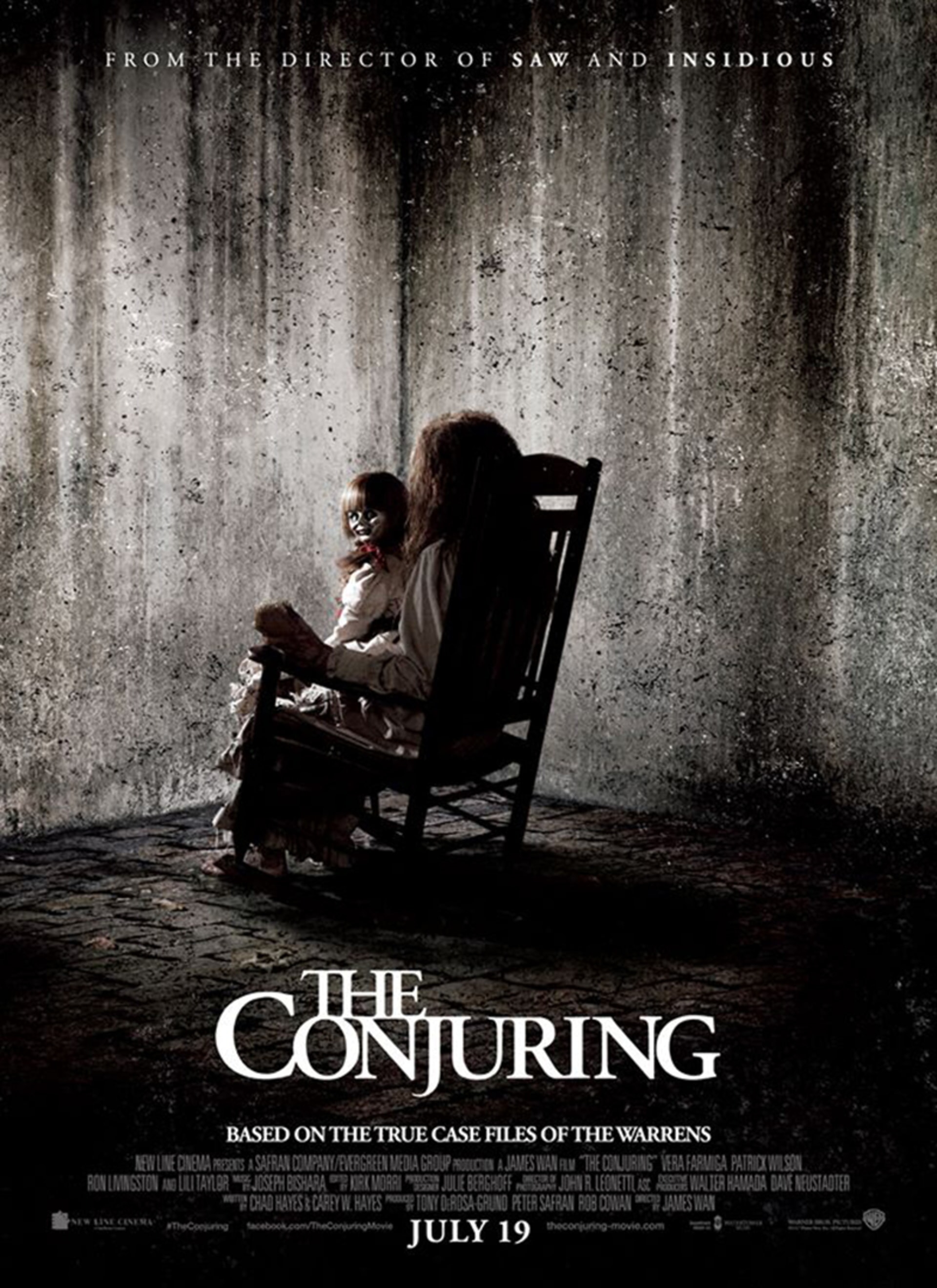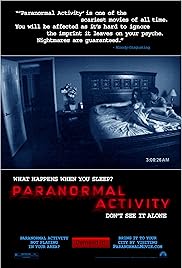Horror
Horror films are very common in the media industry nowadays. Horror is a genre which is mostly fiction, with the intention or purpose of scaring and transmitting a sensation of fear, terror, and repulsion towards its audience. Horror has a history... originating and developing since the 12th century. It involves aspects pertaining to religion, supernatural powers or creatures, evil, death, the afterlife, and unfamiliar, and unknown aspects of our world, such as paranormal aspects.
Genre Conventions
Narrative structure - Most stories are based upon human fears, such as death, the unknown, strangers, isolation, the dark, insanity, strangers, and the supernatural such as monsters or aliens. In addition, another important element of terror is foreshadowing, which is frequently used to build tension and anxiety and potentially be able to scare and the viewers.
Some of the themes that are popular in terror movies are:
- death, murder, and hate
- religious beliefs
- survival
- revenge
- nightmares, and suicide
- supernatural or beyond death
- good vs. evil
- childhood fears and issues
- darkness, demons and satanic rituals
Sound - Sound is a crucial element to the horror genre. Horror films are known for its suspense background music and sounds. Diegetic, as well as non-diegetic sounds are commonly used to develop suspense, such as footsteps, which show how the unknown is approximating and could potentially lead to death, or heartbeats. Disturbing sounds and terrifying background music are key elements needed in horror movies in order to be able to transmit the sense of fear, as well as the lack of sounds. Complete silence is often used to create fear and suspense.
Lighting - Lighting is also a critical element in horror movies. Lighting is generally dimmed and dark, and artificial lighting is commonly used to create shadows or silhouettes, in order a sense of suspense and vulnerability. Bright lighting is uncommon within this genre. Horror movies use mainly dark colors, such as black and reds, which are assimilated with evil, danger, blood, and the unknown. Using these colors also helps developing the mood of the setting.
Characters - Within horror movies, there is always a similar pattern regarding the characters of the film. Each movie has always the main character, the protagonist, which is the victim and/or hero of the story, and the villain, the antagonist, which is often a monster, spirit, serial killer, or an unknown creature. Children, teenagers and parents appear frequently.
Props - The use of props is frequent in this type of movies. For example fake blood, artifacts used by characters such as weapons, guns, knives, saws, bibles or crosses, and masks, to hide the identity of the villain.
Cinematography - In the shooting process, this genre utilizes many unnatural high and low angles, as well as POV shots, since it helps developing the theme and portraying fear and nightmares. For instance, POV shots are always used in order to show the characters being watched by a "monster" or a supernatural creature or spirit. Close-ups and extreme close-ups on the victim's face are also used to express the fear and their terror. In addition, handheld camera and shots helps portraying a sense of terror and anxiety and gives the viewer a different perspective of the situation.
Editing and composition: deep and shallow depth of field are often use to elaborate suspension, since it opens the viewer's eyes for the unexpected. Fast editing is used in order to unexpectedly scare the viewers. Cutaway is a common editing technique within the horror genre, as well as inserts in order to provide a complete image of the scene.
Institutional conventions:
Horror movies uses the same elements for which it is characterized, in its covers. Posters or magazine covers tend to show the main character or the main villain in the setting where the movie takes place. For example, in a movie where a little girl is being chased in the woods by an old man, the cover will include the woods as the background and the little girl running in the middle of the poster, or perhaps, an image of a scene that will also appear in the trailer, this way, the targeted audience will be able to distinguish it faster. Dark colors are used to present the film, which provides clues that the theme of the movie is horror.
Furthermore, besides the film cover, a trailer is also created for the viewers to know about the movie. The trailer contains scenes from the movie that will help narrate the main theme of the movie or a "summary", for the viewers to know what is it about, without giving away too much information. Its purpose is to act as a "hook" in order to attract people to watch the film.
 The Texas Chainsaw Massacre (1974)
The Texas Chainsaw Massacre (1974)
This horror film narrates the story of a a cannibalistic psychopath that murders a family in order to use their body parts for himself. Throughout the movie, the antagonist, uses a mask, and a chainsaw when looking for his victims. Fake blood is seen multiple times during the movie, as well as dark settings and clothes, in order to reinforce the suspense and mood of the movie. This story is taken place in an isolated place, which is a characteristic common in horror films; this helps create the atmosphere of isolation and anxiety throughout the movie.
 The conjuring (2013)
The conjuring (2013)
The conjuring tells a true story of a couple of paranormal investigators, that was hired by a family who was terrorized of a dark/paranormal presence in their home. The film took place in a secluded farmhouse, far away from society, which emphasizes that they alone and there will be no help if needed. This movie, similarly to the cover, was mainly composed of dark scenes, with little brightness/lightning, which helped develop the theme and mood of terror and fear throughout the movie. It involves an evil entity, the darkness, which is the antagonist, and it is also showed in the cover of the film. The sound of the movie fantastic, which is a key element in achieving suspense and terror, and scaring the audience.
Other popular horror films
Insidious (2010)
 Sinister (2012)
Sinister (2012)
 Saw (2004)
Saw (2004)

The exorcist (1973)

The purge (2013)

Psycho (1960)

Paranormal Activity (2007)
 Sources used
Sources used
- Horror: Definition and Examples. (2017, September 16). Retrieved from https://literaryterms.net/horror/.
- marine18 Follow. (2010, October 7). Horror genre conventions. Retrieved from https://www.slideshare.net/marine18/horror-genre-conventions.
- Edwards, H. (2012, November 21). Conventions of Horror genre. Retrieved from https://prezi.com/hmd048pyis0h/conventions-of-horror-genre/.
- History of the Horror Genre. (n.d.). Retrieved from https://pages.stolaf.edu/english285-cconway/history-of-the-horror-genre/.










